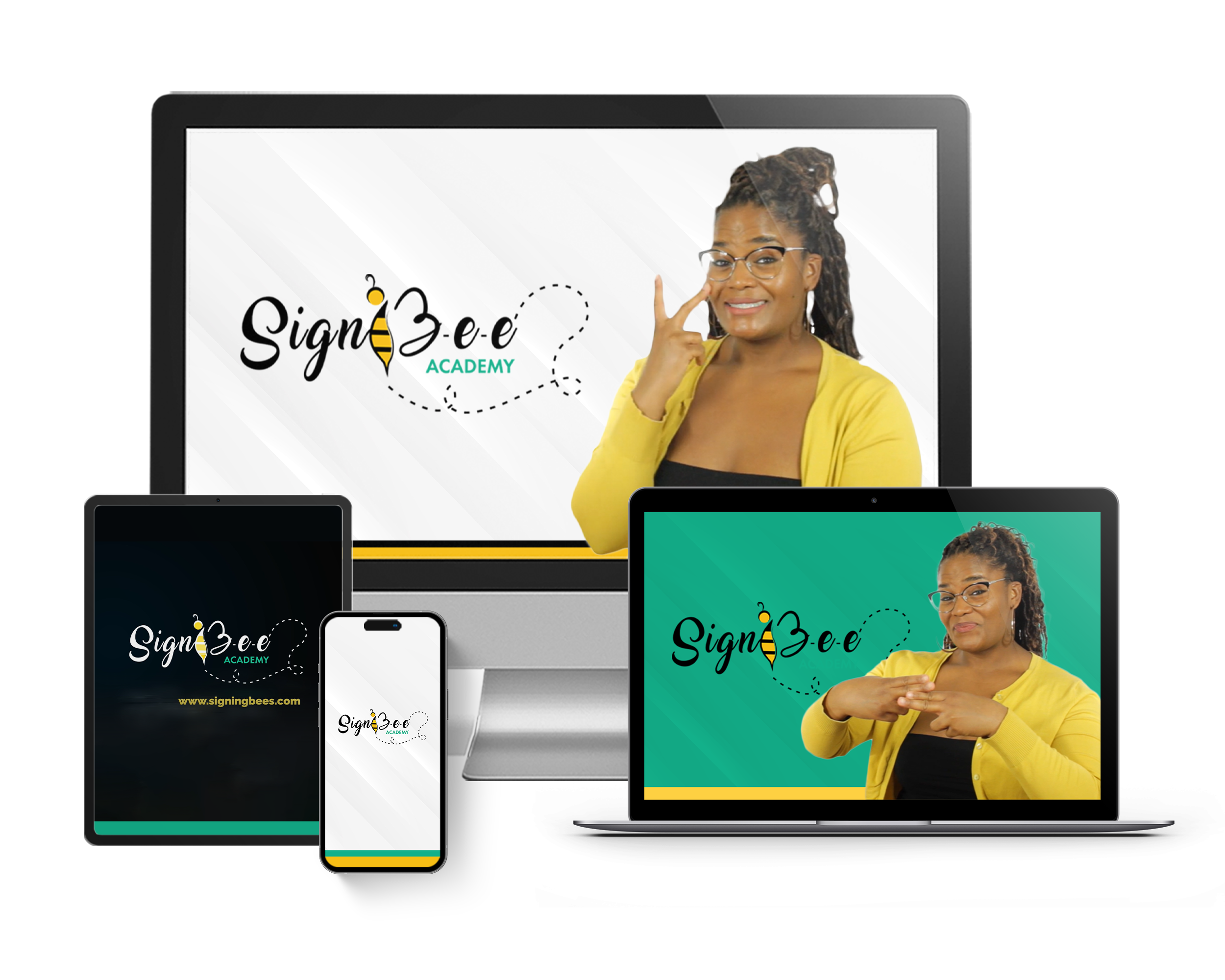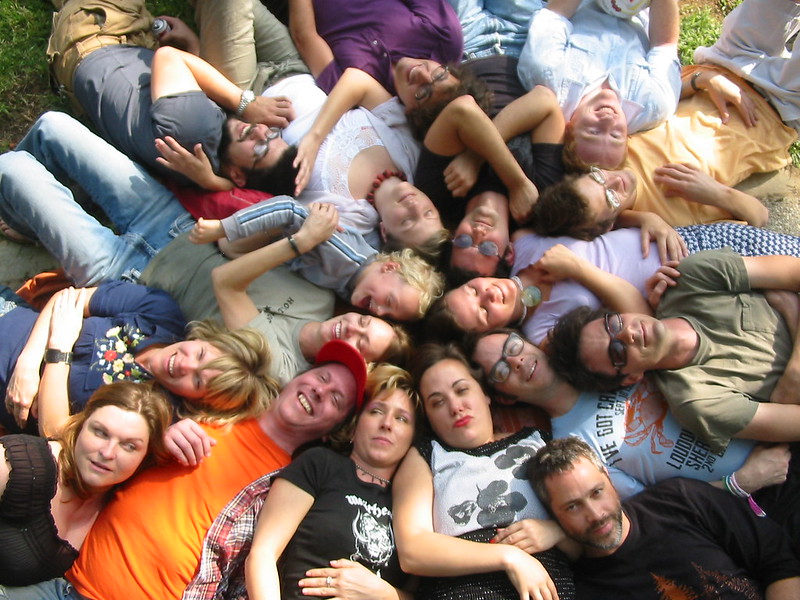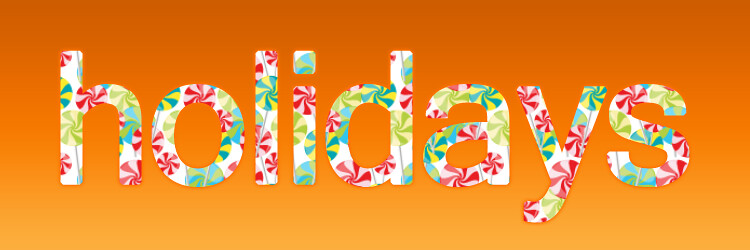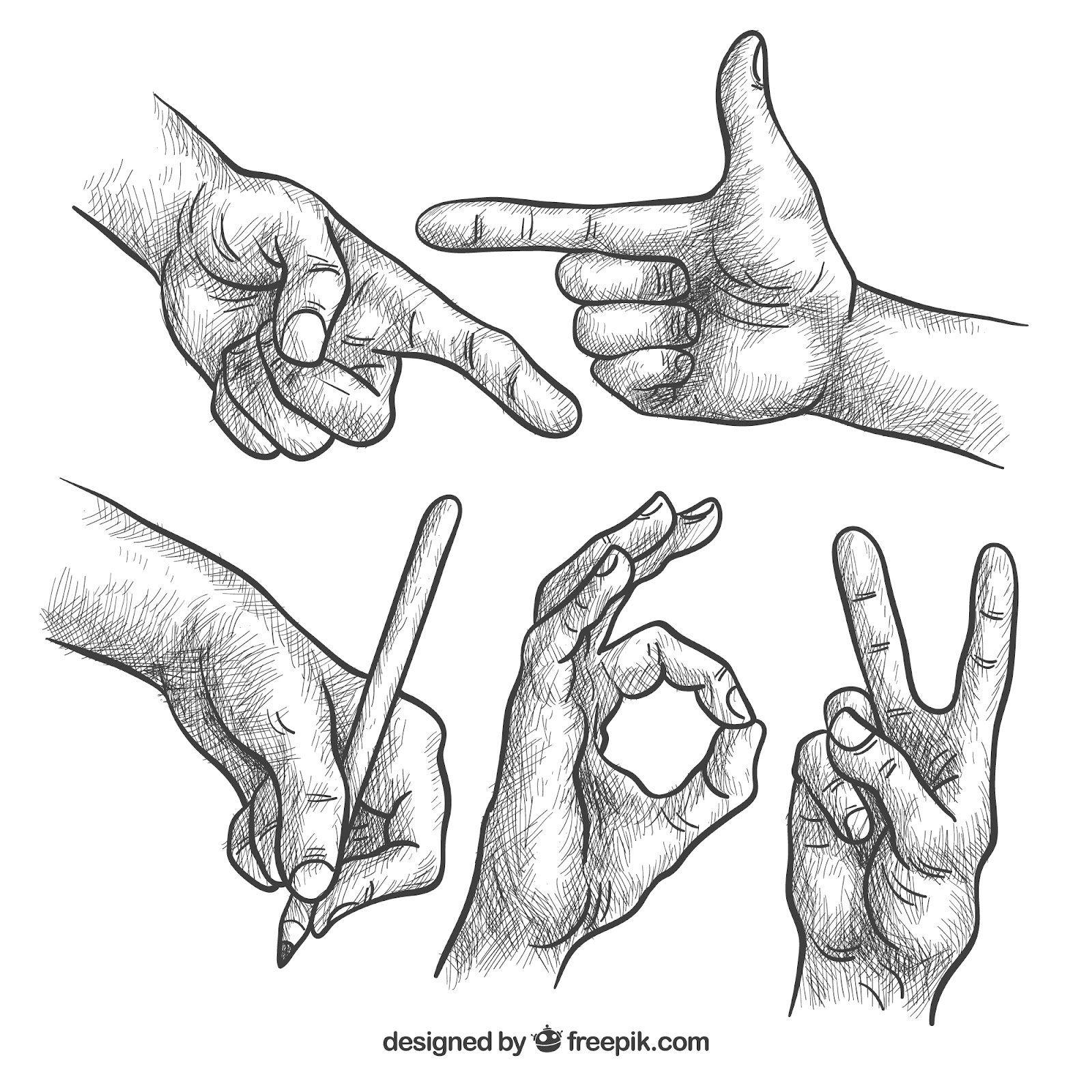In today’s world where the hearing populace remains mainstream and humans cannot underplay the significance of the use of their eyes and ears to make conversations, communicate and essentially build relationships, how do deaf and hard-of-hearing individuals cope?
Somehow, deaf individuals have found ways to navigate the world, especially forming and maintaining relationships with hearing individuals who know little or nothing about what they experience and what they struggle with daily due to their hearing loss.
They do this irrespective of the already laid down hearing rules that control the society they find themselves in.
Every effort of theirs, therefore, should continuously be commended by people. With that being said, let’s see some of these ways by which deaf individuals accomplish the task of forming and maintaining relationships with their hearing counterparts.
The Kinds of Relationships Deaf Individuals are Allowed to Form and Maintain with Hearing Individuals
To avoid any misunderstanding whatsoever, it is important to know that no level of hearing loss can or should prevent deaf and hard-of-hearing individuals from any sort of human relationships with hiring individuals.
They are not limited to relating with only family, nor are limited to platonic friendships or work relationships as well. Deaf individuals can be in strong romantic relationships with other deaf individuals and with hearing individuals. But what does it take for any of these relationships to last long? It simply takes the GENERAL RULES
The General Rules: Maintaining Relationships With Deaf Individuals
Rule 1: Mutual Respect for One Another
Showing respect for people has nothing to do with whether one can or cannot hear properly. Every relationship strives and is maintained in the face of mutual respect and love between the parties involved. This rule applies to hearing individuals as it does to deaf individuals.
Rule 2: Steady Communication (That Involves Sharing One’s Self)
True and steady communication among individuals will always play a very vital role in forming and maintaining any relationship. Perhaps one is already thinking about how effective communication by the deaf and with the deaf is possible. The truth is that being deaf does not necessarily mean not being able to communicate effectively. It only shifts the focus of the tool of communication which is usually the ears.
With the deaf and hard of hearing, ASL comes into play, lip reading, body gestures which includes paying attention to various facial expressions, and background noises reduction become important where they normally would not have been.
All of these simply point to the need for extra work in the relationship or relationships being formed with deaf individuals. Deaf individuals using various communication tools available to them can share themselves because sharing one’s self is more than using one’s ears to make communication possible.
What Deaf Individuals Do That Helps Them Form and Maintain Relationships with Hearing Individuals?
They Constantly Work on Themselves to Build Their Confidence
Image by springhill2008 on openverse
When you see a deaf individual in any relationship with hearing individuals, know that they have had to work on themselves beforehand. What this means is that they have had to develop their confidence and self-esteem and see themselves as not lesser than hearing individuals. Unlike hearing individuals, deaf individuals aside from the normal human confidence struggle they contend with, have to constantly remind themselves that hearing loss does not make them lesser humans.
They Begin Slowly
Due to the difference in culture between deaf and hearing individuals, deaf individuals are not in a hurry to form human relationships. Given that they usually feel isolated and alone due to their hearing loss, so in forming relationships they take their time. This is best for them as well as for the hearing individuals who might suddenly discover that forming relationships with deaf individuals involves an entire learning curve and adjustments.
They Have to Constantly Ignore The Insensitivity of Hearing Individuals
Although deaf awareness is becoming a common thing in different societies today, some hearing individuals are still in the dark as to the best ways of communicating and interacting with deaf individuals. Because of this, deaf individuals have to deal with their insensitivity (intended or not). Their ability to do this; overlook the insensitivity, laugh about it, and refuse to get constantly offended, help them form and maintain good relationships with hearing individuals. After all, character traits like these remain one of the building blocks of good human relationships.
They Help Hearing Individuals Become Aware of Their Line of Communication
As hard as it might be, deaf individuals are not only made to let those they come in contact with that they struggle with hearing loss, but they also have to make the hearing individuals they meet become aware of how to communicate with them. This is one of the reasons why it is important that they have to build their confidence level and self-esteem in the process.
Sometimes, deaf individuals take it upon themselves to teach their hearing acquaintances, friends, and even spouses ASL so that they find it easier to communicate with them.
They Find Common Grounds
Relationships that survive the test of time and life eventualities are usually those that thrive on things that the parties have in common. Deaf individuals and hearing individuals might be from different cultures, but when both parties have something in common, they can always meet there.
Hearing loss or not, deaf individuals are people with peculiar personalities and skills. Whatever relationship they find themselves in, they seek what every human seeks– being valued as a human being first and foremost.
Conclusion
Relationships are unavoidable in every human existence. Deaf individuals do not need to isolate themselves especially because they feel that hearing individuals might deliberately or not insist upon their ways of communication. Yes, they communicate differently, but thanks to the different hearing aid technologies as well as other communication strategies in our modern society which includes ASL, communication has become easier and relationships are better formed and maintained between deaf and hearing individuals.
You do not have to allow your relationships to suffer because of any communication gap(s). Learn ASL with different ASL learning resources made available by SignBee Academy.
Thumbnail Photo Credit to: Image by Nicola on Openverse






